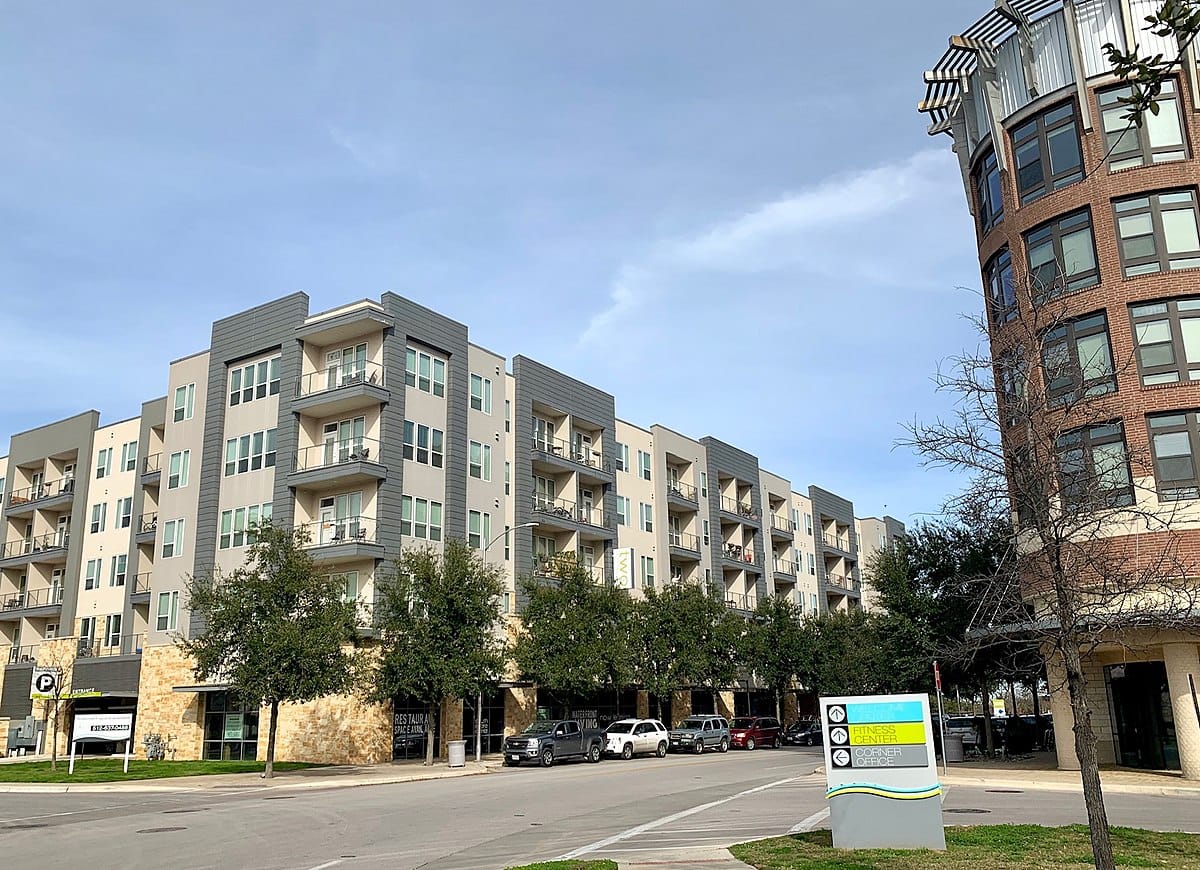The importance of efficient property management in enhancing community living cannot be overstated. As we dig into the intricate dynamics of neighborhood property management, it becomes clear that this sector plays a crucial role in fostering community spirit, ensuring well-maintained environments, and streamlining real estate transactions.
This article aims to explore the multifaceted role of neighborhood property management, focusing on how it can positively impact community living.
The Importance of Neighborhood Property Management
Neighborhood property management refers to the process of overseeing and managing residential properties within a community. This includes a range of activities from maintenance and repairs to handling tenant concerns and enforcing community rules. A proficient property management company near residential areas can significantly improve the quality of living for residents by ensuring that their homes and surrounding areas are well cared for.
Key Functions of Property Management Companies
Let’s check the main functions of property management companies to understand the importance:
- Maintenance and Repairs: Regular maintenance is crucial for preserving the value and appeal of properties. Property management companies are responsible for routine maintenance, emergency repairs, and landscaping, and ensuring that neighborhoods remain attractive and functional.
- Financial Management: Handling the financial aspects, including collecting rent, managing budgets, and overseeing expenses, is another critical role of property management.
- Tenant Relations: Good property management involves addressing tenant concerns promptly, ensuring a harmonious living environment.
- Compliance with Laws: Ensuring that the property adheres to local laws and regulations, including health and safety standards.
The Impact on Community Living
Here is the property management’s impact on community living:
Improved Security
A well-managed property is typically a safer property. Management companies often implement security measures like surveillance cameras, gated entries, and proper lighting, contributing to a safer community.
Social Cohesion
Effective property management can foster social cohesion by organizing community events, resolving disputes, and maintaining common areas where residents can interact.
Property Value Preservation
Regular maintenance and upgrades help preserve and even increase the property values within the community, benefiting homeowners in the long run.
Real Estate Contracts and Agreements in Canada
Understanding real estate contracts and agreements in Canada in Canada is vital in property management. In Canada, these legal documents outline the responsibilities and rights of both landlords and tenants, and a proficient property manager must be well-versed in these aspects to ensure compliance and protect the interests of property owners.
The Role of Technology in Property Management
Modern property management heavily relies on technology for various functions like online rent payments, maintenance requests, and efficient communication with residents. This adoption of technology not only streamlines processes but also enhances the overall living experience of residents.
Choosing the Right Property Management Company
When looking for a "property management company near you," it's important to consider factors like experience, services offered, and customer reviews. A company that understands local real estate dynamics and has a proven track record can make a significant difference in the quality of property management.
- Challenges in Property Management
Property management, while crucial for maintaining harmonious and functional communities, comes with a unique set of challenges that require careful handling and expert knowledge.
- Dealing with Difficult Tenants
One of the most common challenges is managing difficult tenants. These may include individuals who consistently pay rent late, cause disturbances, or damage property. Navigating these issues requires tact, firmness, and a thorough understanding of tenancy laws to ensure that actions taken are legal and fair.
- Maintenance Issues
Property maintenance is an ongoing challenge. This encompasses not only the physical repair works but also the logistical aspects of maintenance. It involves coordinating with contractors, ensuring timely completion of work, and addressing unexpected issues like emergency repairs. The goal is to minimize disruption to tenants while keeping the property in top condition.
- Regulatory Compliance
Staying compliant with local laws and regulations is a significant challenge. This includes everything from building codes and safety standards to fair housing regulations. Property managers must be knowledgeable and stay current with these ever-changing regulations to avoid legal pitfalls.
- Balancing Budgets
Financial management is another key challenge. This involves budgeting for maintenance, improvements, and unexpected expenses, all while ensuring the financial health of the property. Mismanagement of funds can lead to deferred maintenance, unhappy tenants, and a decline in property value.
- Tenant Turnover
High tenant turnover can be problematic, leading to lost income and increased marketing and refurbishment costs. Effective property managers strive to retain tenants by maintaining a positive living environment and addressing issues promptly.
- Market Fluctuations
The real estate market is dynamic and can impact rental prices, property values, and the demand for rentals. Property managers need to adapt to these changes to stay competitive and ensure the profitability of their properties.
- Technological Integration
Keeping up with technological advancements is essential but challenging. Integrating new technologies for payment systems, property maintenance requests, and communication with tenants requires investment and training. However, it's crucial for improving efficiency and tenant satisfaction.
- Environmental Sustainability
There's a growing need for sustainable property management practices. This includes energy-efficient upgrades and eco-friendly maintenance practices. Balancing these initiatives with budget constraints and tenant expectations is a complex challenge.
- Effective Communication
Communication is key in property management. Keeping tenants informed about maintenance schedules, policy changes, and other important information requires clear, consistent communication strategies.
- Security Management
Ensuring the safety and security of properties and their residents is a top priority. This involves implementing effective security measures and regularly assessing potential risks.
The role of neighborhood property management in enhancing community living is undeniable. From maintaining properties to fostering community spirit and understanding the intricacies of real estate contracts, property management companies are essential in creating desirable living environments. As communities continue to evolve, the importance of effective property management will only grow, making it a key component in the fabric of residential living.






